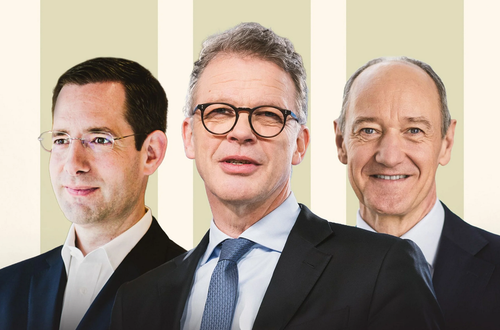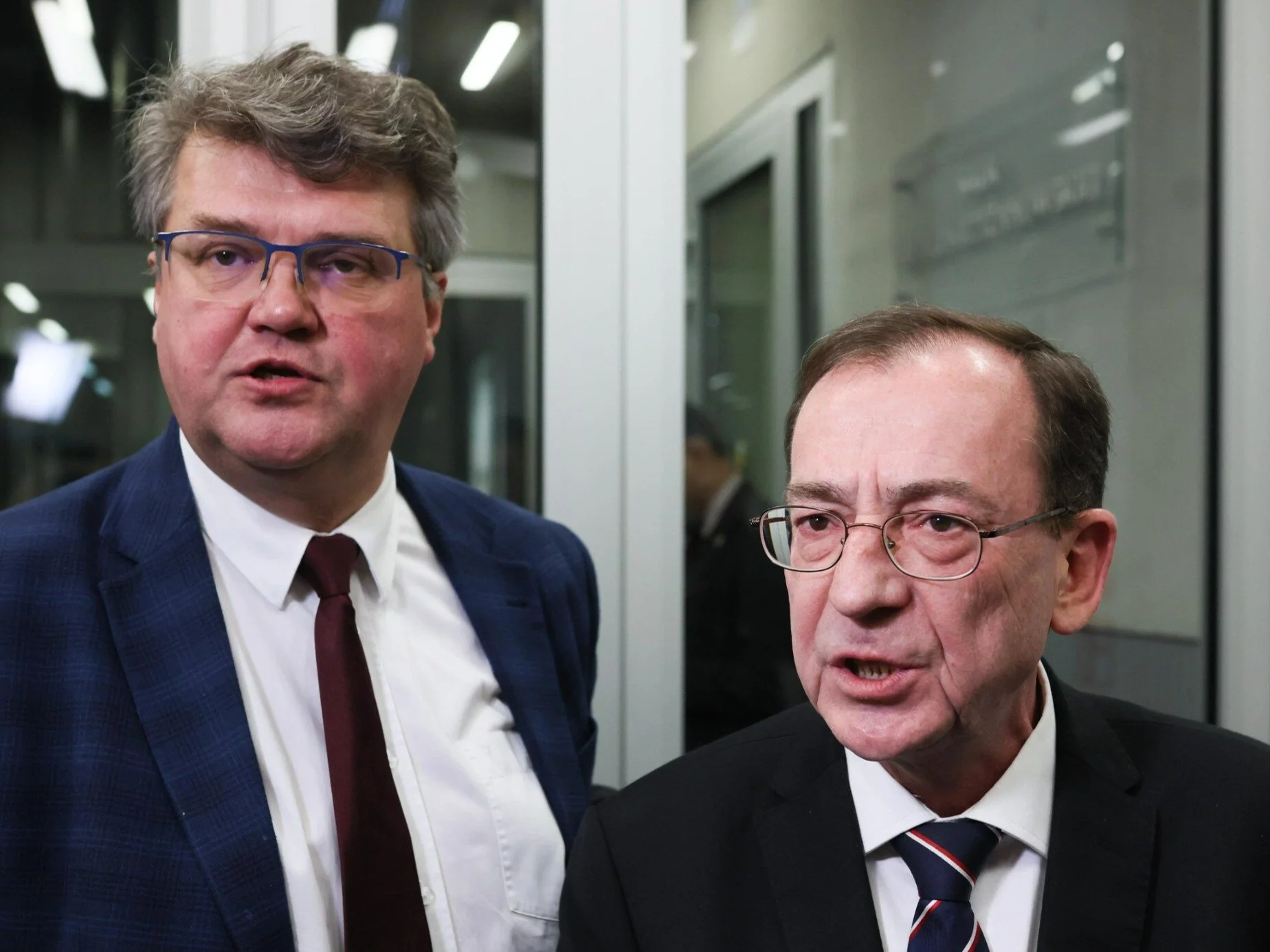
Germany’s $325 Billion Investment Blitz: Real Revival Or PR Smoke
Submitted By Thomas Kolbe
Germany’s Handelsblatt reports a major new investment initiative launched by top domestic corporations. Under the label Made for Germany, the campaign is being hailed as a fresh economic start. But is this the dawn of a real revival — or just another well-choreographed PR show?
Chancellor Friedrich Merz is facing a credibility crisis. His economic policies haven’t sparked much enthusiasm — quite the opposite. Broken campaign promises, such as walking back the planned electricity tax cut, dominate the headlines. What has materialized instead is a government plan to plunge Germany into hundreds of billions in new debt. So far, there’s little sign of sound economic policy or the long-promised “Aufbruch” — that much-needed new beginning.
A PR Lifeline for Merz?
Merz could use a favorable headline or two — and now it seems big business might hand him one. According to Handelsblatt, over 30 major German corporations are joining forces in a €300 billion investment campaign set to run through 2028. The project, dubbed Made for Germany, is reportedly led by giants like Siemens CEO Roland Busch, FGS Global CEO Alexander Geiser and Deutsche Bank head Christian Sewing.
 Alexander Geiser, Christian Sewing and Roland Busch
Alexander Geiser, Christian Sewing and Roland Busch To kick off the initiative, Merz and Finance Minister Lars Klingbeil are preparing an industry summit with the CEOs on July 21st in Berlin. Reuters reports that companies like RWE, Volkswagen, Rheinmetall, and SAP may also join the effort.
The announcement coincides with the government’s newly approved €46 billion corporate tax relief package, stretched over four years. While that’s barely a drop in the bucket, it serves as a symbolic gesture toward an overtaxed and overregulated business sector.
Germany’s Bleeding Edge
That Germany suffers from chronic underinvestment is beyond doubt. Since 2017, productivity has stagnated. This is especially troubling given that AI and robotics should be boosting output across the board. But instead of attracting capital, Germany is hemorrhaging it. More money is leaving than entering.
According to the Bundesbank, €60 billion in net direct investment flowed out of Germany in 2023 alone. And this isn’t speculative hedge fund capital — it’s real, long-term business investment, now being redirected to more promising locations.
In that context, it’s at least symbolically encouraging to see corporate flagships like Siemens or RWE reasserting commitment to their home market.
But Let’s Be Realistic
Still, not all is as it seems. As impressive as the headline figure may be, no one knows how much of that €300 billion was already planned before this rebranding exercise. Is this really a fresh initiative — or just a coordinated PR strategy between Germany’s boardrooms and the Merz administration?
Officials talk about “turning around the mood” in the country, as if all that’s needed is better storytelling. But the bad mood is real — and justified. Germany is now in its third year of recession. Hundreds of thousands have lost their jobs. Energy-intensive industries are being pushed out by radical climate policies under the Green Deal.
A genuine revival plan would address Germany’s actual pain points — starting with a climate policy that has spiraled out of control. Instead of driving a “green transformation,” it’s driving the country out of economic relevance.
No Free Lunch
The only way this corporate initiative would truly mark a turning point is if it involved new private capital — free of political conditions, subsidies, or backroom guarantees. But history tells another story. Germany’s green economy sector doesn’t function without massive state support. These projects don’t pay for themselves — the market simply doesn’t want what they’re selling.
The latest failure of “green steel” projects — such as the heavily subsidized initiative at ArcelorMittal — is just one example of how artificially engineered green industries crumble in real-world markets.
Until concrete investment details emerge, we have to treat Made for Germany as yet another PR game. This time, however, it’s corporate Germany that’s staging the show — possibly to boost its own sagging image abroad and to help Chancellor Merz avoid being labeled a “lame duck” just weeks into his term.
* * *
About the author: Thomas Kolbe is a graduate economist. For over 25 years, he has worked as a journalist and media producer for clients from various industries and business associations. As a publicist, he focuses on economic processes and observes geopolitical events from the perspective of the capital markets. His publications follow a philosophy that focuses on the individual and their right to self-determination.
Tyler Durden
Mon, 07/14/2025 – 02:00
















